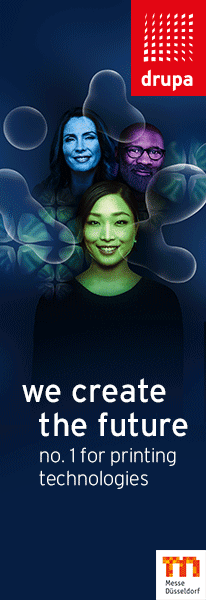The European Parliament has announced ambitious new legislation to drive up recycling rates across the continent. Here, Peter Clayson, General Manager for Business Development and External Affairs at DS Smith Recycling, takes a closer look at the updated circular economy package and explores what it means for the UK’s recycling sector.
“The newly-approved recycling package is a welcome sign of ambition from the European Parliament. The revisions include new targets for recycling, packaging and landfill reduction, updating a circular economy proposal first published in December 2015. Key targets outlined in the report include increasing municipal waste recycling rates to 65% by 2030 and diverting no more than 10% of waste to landfill by 2035. The package also looks in detail at individual waste streams, calling for the recycling rates of plastic, packaging and paper to be increased to 55%, 70%, and 85% respectively by 2030.
“As one of Europe’s leading recycling specialists, DS Smith welcomes the package. However, actions speak louder than words and the UK government must now lead the way by legislating for higher targets. We urge the government to be inspired by the European Parliament’s impetus and to set ambitious targets of its own. The UK’s recycling industry has already tackled most of the ‘low-hanging fruit’ and recycling figures are beginning to stagnate. Indeed, while commercial recycling rates are impressive, municipal figures are restricted, in part, by a lack of nationwide consistency.
“While there are still areas of the UK which excel at recycling, namely Wales and Scotland, England still sees huge disparity between local authorities. This lack of uniformity in recycling collections, as well as adding a general level of public confusion around recycling, means that recyclate often fails to meet the high quality standards required by reprocessors.
“At DS Smith, we’ve been calling on the government to implement a consistent scheme of separate collections, in line with two of the collection systems identified in WRAP’s Framework for Greater Consistency. Separate collection of recyclables will maximise material quality and minimise the contamination of resources for recycling. Mandatory separate collections of food waste, alongside cardboard and paper segregated from other recyclables, will ensure that a higher percentage and a higher quality of material can be collected, processed and recycled into new products.
“DS Smith’s recent announcement regarding our ability to recycle coffee cups at our mill in Kent was a big step forward in terms of identifying a new source of feedstock and embracing innovation to access ‘harder to reach’ fibres. However, this doesn’t negate the need for greater consistency in collections, a closer focus on the quality of materials collection for recycling, or higher levels of collaboration across the supply chain, all of which are crucial for improving national recycling rates.
“Although the EU’s announcement is a step in the right direction, its successful enactment will require a step-change in our national approach to recycling. Achieving an improvement in our recycling rate will require a clear course of guidance from the government, alongside increased funding for infrastructure improvement. Both will be crucial for improving recyclate quality and ensuring that materials intended for recycling are of a high enough quality to ensure that they are actually recycled.”



